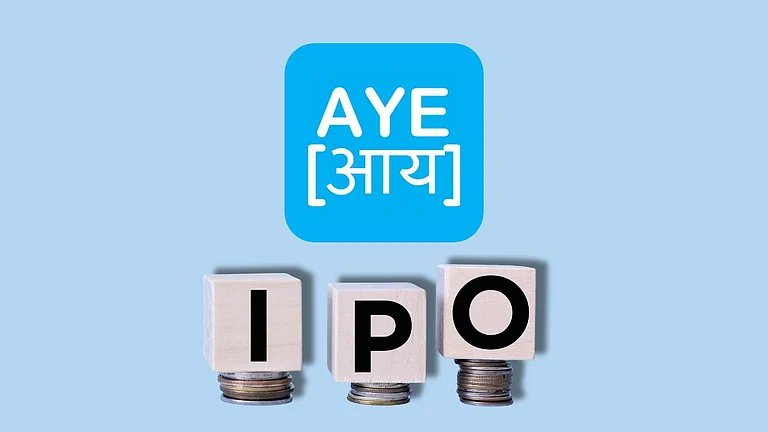Navigating health insurance waiting periods can be a crucial aspect of securing comprehensive coverage for your medical needs. Understanding how these waiting periods function for various diseases and conditions can help individuals make informed decisions about their insurance plans. Waiting periods serve as a buffer period between when a policy is purchased and when certain benefits become available. There are primarily two types of waiting periods to be aware of pre-existing condition waiting periods and specific disease waiting periods.
If the policyholder submits a claim to the health insurance company before the waiting period elapses, the insurer retains the right to reject the claim. However, once the waiting period concludes, the insurance company is obligated to honour any claims raised thereafter. For instance, if the waiting period for diabetes is 90 days and a claim is filed within 60 days, the insurer will reject the claim. Yet, if the claim is raised after the 90-day period, it cannot be denied by the insurer.
Bhaskar, Nerurkar, head - health administration team, Bajaj Allianz General Insurance said, “Health insurance waiting periods differ based on the disease or condition under consideration. Typically, insurance providers implement these waiting periods to prevent individuals from obtaining coverage solely after receiving a diagnosis for a severe illness.”
While a multitude of companies offer health insurance plans, the waiting period imposed by insurers for pre-existing conditions, as well as other ailments and additional features such as maternity coverage, is contingent upon specific terms and conditions. As a result, the waiting period for particular illnesses can differ among insurers.
According to the Insurance Regulatory Development Authority of India (Irdai) regulations, there is an initial waiting period of 30 days from the commencement date of the policy, during which the benefits of the policy are applicable only after this duration, unless in the case of an accident. Additionally, the waiting period for health insurance plans designed for senior citizens varies due to age-related factors and intricate terms and conditions.
The pre-existing condition waiting period typically applies to ailments or conditions that individuals have before obtaining health insurance coverage. This waiting period can range from 12 to 48 months, during which time policyholders cannot claim benefits related to their pre-existing conditions. The length of this waiting period varies depending on the insurer and the specific policy.
On the other hand, specific disease waiting periods pertain to particular illnesses or treatments. These waiting periods can last anywhere from 12 to 36 months, with different diseases having different waiting period durations. For instance, joint replacement surgeries might have longer waiting periods compared to other conditions.
Minimise Waiting Periods: To minimize waiting periods and ensure timely coverage, individuals can explore several strategies. Researching insurance providers that offer shorter waiting periods for specific diseases can be beneficial.
“While these policies may come with slightly higher premiums, they provide the advantage of prompt coverage for particular ailments, essentially fast-tracking your protection. Another approach involves providing your medical records if you have a pre-existing condition,” added Nerurkar.
Moreover, individuals with pre-existing conditions can provide their medical records to insurers. By sharing detailed medical histories, insurers may consider reducing the waiting period or tailoring coverage to better suit the individual's health needs. This approach requires transparency and cooperation between the policyholder and the insurance company but can result in more tailored and efficient coverage.
Lastly, opting for modular and flexible health insurance plans can offer customization options. These plans often allow policyholders to choose the length of the pre-existing condition waiting period, ranging from 12 to 48 months. This flexibility enables individuals to adjust the waiting period duration according to their preferences and budget, ensuring a personalized and adaptable coverage approach.
Keep In Mind: Consider the following key points regarding health insurance waiting periods:
If an insured individual is diagnosed with a disease for the first time during the waiting period, it won't be categorized as a pre-existing condition. In such instances, the policy will cover the ailment.
Many health insurance plans tailored for senior citizens now offer the option to eliminate waiting periods by incorporating a co-pay clause. This clause requires policyholders to contribute a specified percentage of the claim amount, with the remaining portion covered by the insurance provider. For instance, with a 30 per cent co-pay on a claim of Rs 1 lakh, the policyholder would pay Rs 30,000.
When considering investing in a robust health insurance plan, it's advisable to explore options with the shortest waiting periods to ensure timely coverage.














